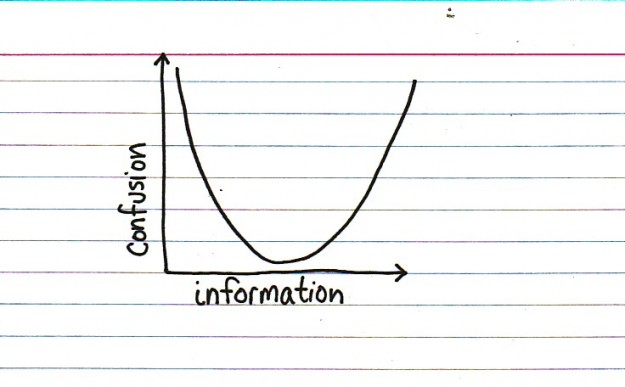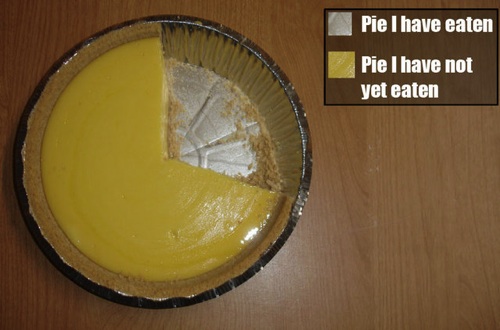His latest Housing Market Note is entitled Approaching Peak Loneliness? and is about why the long term decline in the ratio of people to rooms has in recent years halted

His analysis looks at the changing proportions of households by numbers of people, and highlight a ceiling in the proportion of people living on their own.

For him
and his answer is, a bit of bothThe key question looking ahead is whether this reflects an optimum proportion of one person households given people's preferences (a peak in loneliness), or is the result of constraints imposed by an unaffordable housing market?
I hesitate to say this of someone so eminent in the area, but I don't think he's looking at this the right way. Earlier he writesthere are a combination of factors that contributed to lower proportion of one person households than expected. These factors appear to include reaching an optimum proportion of older one person households but also an increasingly unaffordable housing limiting the ability of younger people to live alone.
but I think this mathematics is just the consequence of how people behave and what we want, for which it is better to think as a social scientist - in this case an economist.The decline in average household size is mathematically a result of a proportional (and numerical) increase in the number of one and two person households
It's the point I made in an earlier thread
Why is housing such a luxury?
writing about this chart

which is that, as people get richer - and over the last century, that means pretty well all of us - what we really, really want is more living space - at the very least, a room of one's own. But that doesn't mean we are lonely - just able to get some privacy, when we want it. So all of us live in houses with more rooms per person than previously.
And these rooms don't need to be in the same house. In other words, the phenomenon of richer people having their holiday cottage, in Cornwall or the Dordogne, or even a flat in London where they can stay for a few weeks a year, is part of the same trend. Seen as such, there is much less reason to link the decline in rooms per person to loneliness, which is why I discount the idea of peak loneliness.
That still leaves the other explanation - that unaffordable housing limiting the ability of younger people to live - not so much alone, but as they wish.

